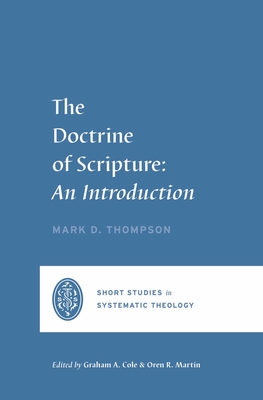What do you think?
Rate this book


208 pages, Paperback
Published April 26, 2022
The Christian doctrine of Scripture is an integrated account of the word of the living God given to us in written form through the conscious, creative, yet faithful agency of human servants especially prepared for this work, and attended at every point by the Holy Spirit. As a doctrine, it does not arise from isolated and unusual “proof texts.” Instead, it emerges from a broad and deep biblical theology and is ultimately anchored in the being and character of the triune God. At its center is Jesus Christ, the incarnate Word, who himself appealed to the written word, both endorsing and fulfilling the Old Testament and, through the commission he gave to his apostles and the promise of his Spirit, authorizing the New Testament.
How a person responds to the word of God, spoken by Jesus or written in the Scriptures, has serious consequences. The most articulate confession of the nature of Scripture and the strongest affirmations of its authority mean nothing if a person is not willing to live under that authority with repentance and faith. In contrast Jesus once exclaimed, “Blessed . . . are those who hear the word of God and keep it!” (Luke 11:28).